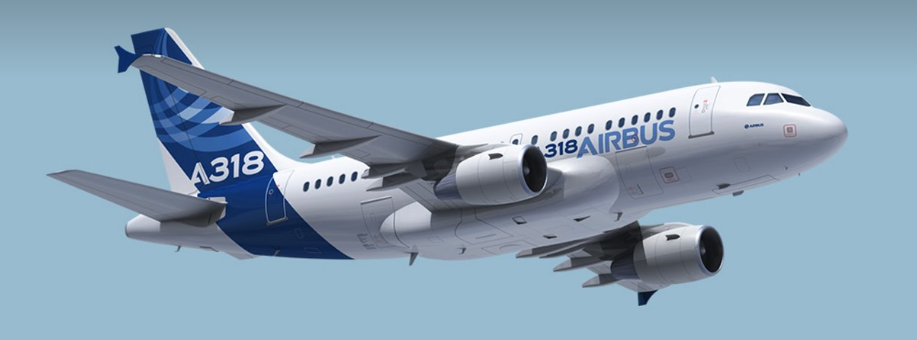Cathay Pacific in Talks to Buy Stake in HK Express Airways
HONG KONG/SINGAPORE (Reuters) - Hong Kong flagship carrier Cathay Pacific Airways Ltd said on Tuesday it is in "active discussions" about an acquisition involving budget airline Hong Kong Express Airways Ltd, although an agreement has…
